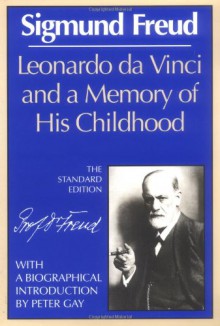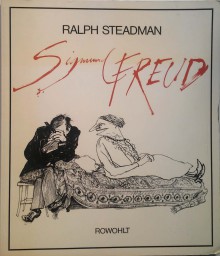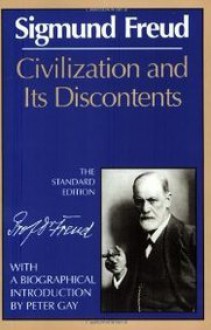
There should really be a Freudian party game. Name the first animal, vegetable, and sexual position that come to your mind. And....go! A duck, a ripe carrot, and a goose.
Until then we have a good deal of Freud's nonsense in the original, which never quite seemed nonsense until I finished reading this. I still admire the attempt, with so little historical detail to go on. It's just funny and gratifying to find that Freud sounds like a prude. Maybe he had his nose operated on so many times to really dig the id out of there.
First, Freud is lying to himself if he believes that da Vinci was strictly a celebate homosexual with all those "beautiful" apprentices he hired. Nevertheless, this leads Freud into some of the strangest contortions yet, wherein he analyzes some simple book keeping of expenses paid to demonstrate repressed expression of desire. You have to read it yourself, if you like comedy.
That brings us to the next major problem, which is Freud's claim that repression aided da Vinci's art. Freud even goes so far as to call this a common phenomenon. Aside from the fact that da Vinci was no monk, well, no monk has ever produced da Vinci's art. Assuming da Vinci was a monk and Freud's theory is right, well, it's Freud himself who points out that da Vinci gradually struggled to finish most of his art. Freud's answer might be that it was repression which made da Vinci a scientist. Poor Gregor Mendel.
Things you'll find interesting:
--da Vinci painted the Last Supper in oil, which he knew was wrong for wall art, which is why it's falling apart.
--the "Mona Lisa smile" shows up everywhere, including the art of his students. Seeing it on a very weird John the Baptist really makes you shudder.
--da Vinci's only recorded dream was of a vulture's tail feathers brushing his lips as an infant. Guess what this means. And...go!
Freud said:
"The desire to take the male member into the mouth and suck it, which is considered as one of the most disgusting of sexual perversions, is nevertheless a frequent occurrence among the women of our time...that disgusting sexual fantasy."
To be fair, it might be unclear whether he is referring to the fantasy of women or da Vinci's dream.
At least in this short work, which strangely enough, turned out to be repetitive, Freud's method is to make outrageous claims in quick succession, backtrack a little, then repeat them as a bland hodgepodge which we're now supposed to take for granted. I almost stopped reading, so thorough was the repetition, but I would have missed this choice sentence, suddenly added without explanation:
"Leonardo's physical beauty as well as his left-handedness furnish here some support." Support of what? I am physically beautiful and left-handed, but, frankly, I am no da Vinci.


 Log in with Facebook
Log in with Facebook 










